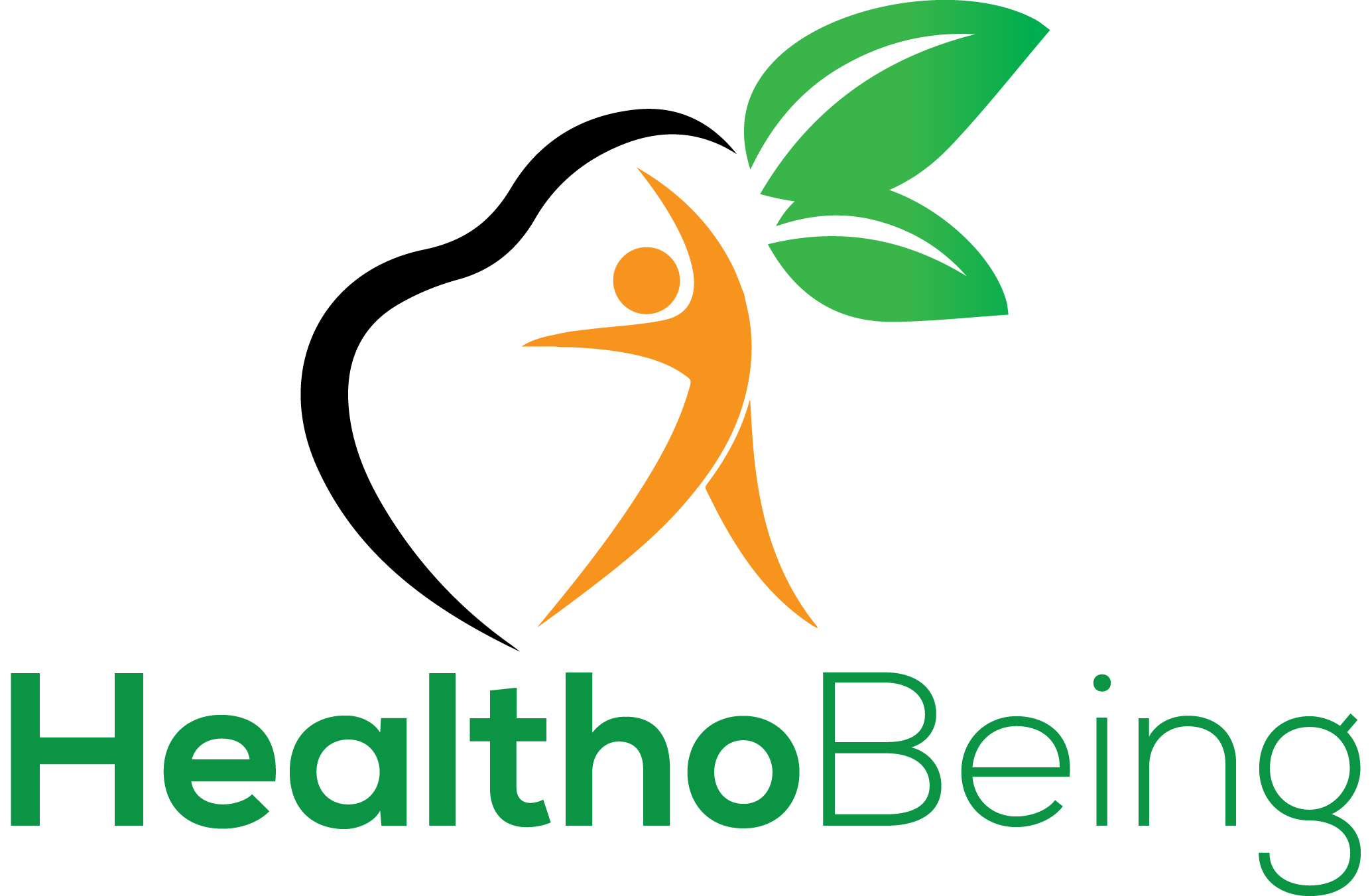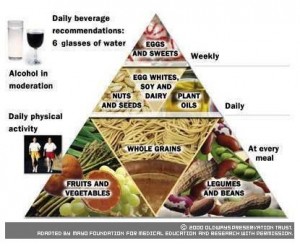Recovering from a marathon is a critical component to a perfect training plan that runners often neglect. Unfortunately, if you don’t properly recover from your marathon, you’ll increase you injury risk and limit your long-term potential – making it harder to break your PR and stay healthy.
Marathons are tough on the body – there’s no way to sugar coat this fact. Muscles, hormones, tendons, cells, and almost every physiological system is pushed to the max during a marathon race. It doesn’t matter if you’re a Boston qualifier or it’s your first marathon, 26.2 miles is 26.2 miles and your body has undergone tremendous physical duress. Here is a list of some of the scientifically measured physiological systems that are most effected after a marathon and how long each takes to fully repair.
Muscles soreness and fatigue are the most obvious case of damage caused by running the marathon distance. Accordingly, it will take your muscles about 2 weeks post marathon to return to full strength.
Cellular damage post marathon, which includes oxidative damage, increased production of creatinine kinase (CK) – a marker that indicates damage to skeletal and myocardial tissue, and increased myoglobin levels in the blood stream (which often results in blood being present in urine).
In order not to cause a long term injury to your body, do ensure that you have adequate rest before you embark on another race during the post marathon period.
Straight after a Marathon:
-Usually what I do is to ensure that I am still sane! I will stand by the road side so that I will not block other runners, walk slowly but keep moving, do not stop immediately.
-Once your Heart Rate has slowed down, come to a natural stop and take in three really deep breadths. After these 3 deep breaths, you should be able to feel whether you are okay to move on or not. Alert the medic if you are feeling really giddy or having difficulties in breathing.
– If everything is okay, just collect your items and start to hydrate yourself. Many people will opt for the isotonic drinks, but to me the real good source of hydration is nothing but good old H2O.
– Once at home, it is good to take a cold shower to cool yourself down, unless you are in a cold country or doing a winter marathon.
-Relax in your bath for as long as you want to after all you deserve it!
-Try not to eat too much straight after marathon, take a rest first before you start eating, usually I will do something light like porridge or even just some simple yoghurt.
THE NEXT FEW DAYS( up to one week)
– One day after the marathon, I will do a recovery run of about 3 km. But sometimes depending on the course of the marathon, if it is trail race then I will walk or swim instead, as I do not want to strain my feet too much.
-Rolling your feet or going for some massage is also a good choice also. Do give it a try.
-Usually the next week after marathon, I will take things easy, after all , you have the whole year to run, so what’s the rush.
HOW MANY MARATHONS CAN I RUN IN A YEAR
Muscles, tendons, ligaments, and almost every physiological system is challenged when running a marathon. It doesn’t matter if you crushed your goal or struggled to walk/jog to the finish, 26.2 miles is a long way to go and your body endures tremendous physical duress.
Many people have asked me this question. But there is no standard answer for this, it all depends on your goals, your physical abilities and attributes and how fast if your recovery. In short if you are not looking for good timing, it is possible to do more than 2 marathons a year. Most seasoned runner will tell you that it is best to keep it at 2-3 marathons a year. Reason being that for training a real marathon you need at least a good 3-4 months of preparation and that does not include the rests in between.
Most marathoners will swear they don’t feel sore three to four days after a marathon. While that may be true, it doesn’t mean there isn’t still physical damage to be repaired. For example, research shows that two of the best markers of skeletal and myocardial tissue damage, creatinine kinase (you need this protein for body functions, too much of which can affect your heart and muscle function) and myoglobin levels in the blood stream, persist more than seven days post marathon. While increased CK levels won’t cause you to feel sore, they are one of the scientific markers of overtraining.
This means that in order to fully recover after a marathon and ensure that you don’t set yourself up for overtraining down the road, you should give yourself two to three weeks of nothing but very easy running.
You can also try to alternate your trainings with other types of exercises such as swimming, simple aerobic dance, Yoga etc. As the marathon focus a lot on the lower part of your body. It will be good to take on other sports to totally work out the other parts of your body which might get very stiff after the marathon.
WHAT ARE THE RECOVERY FOOD AND HABITS
Healthy Food
The food pyramid
When it comes to food, there are no hard and fast rules. We must understand that some food are good in certain sources, but that does not mean one will only eat a certain type of food and not others. We are to ensure that we have a proper and balanced diet with the Food Pyramid in Mind. Do not over indulge in eating, usually many people will think that they are ” entitled ” to eat a lot after the marathon. But that is not true, you should not try and gorge yourself with a lot of food after a marathon. Do not also feed on heavy food stuff like heavily fried or highly processed deserts. These food are hard to digest and process, this can pose a lot of problem for your body when you are just recovering from a race.
You are encouraged to drink up a lot of water ( pure water) to hydrate yourself for all the water loss from your body after a long race. I have come to love the taste of pure plain water. Sometimes, when I find it too bland, I just add in some apple or lemon slices to give it a zesty taste. Do not try to drink just pure isotonic water as they are afterall calories in them too.
All food have their good qualities if taken in moderation. For the timing wise, It will be good if you can have a heavy breakfast, moderate lunch and light dinner. Dinner is best taken before 8pm so that it will allow your body to have a full rest when you are sleeping at night. Having a hearty dinner before you sleep is NOT advisable as it will overwork your body at night to digest and clean up your gut when it should be resting too.
I have known people who also do many small meals a day, they generally munch on food throughout the day. It is also a good practice to do so. But just make sure that you do not over feed yourself.
Here are some of the good recovery food that I find is rather helpful to your body after marathons.
Oatmeal
Oatmeal has a high soluble fiber content, is high in complex carbohydrates, is a good source of protein and has a low glycemic index, which provides a sustained release of energy into the bloodstream—imperative for runners. Oatmeal offers your body a regular dose of Vitamin B and is rich in minerals and antioxidants. It’s credited for maintaining the good level of cholesterol in the body and is known as one of the most nourishing foods for the body, especially for athletes.
Cherries
Cherries are one of the most antioxidant-rich fruit and provide a wide range of health benefits, as well as performance and recovery benefits for athletes. Research has shown that runners who consumed tart cherry juice, twice a day for seven days a week, had strikingly less muscle pain following a long distance run. The post-exercise benefits are astonishing because of the fruit’s natural anti-inflammatory components. A recent study from the University of Michigan revealed that a cherry enriched diet lowered total weight, body fat and inflammation, all associated with heart disease.
Healthy Habits
Going for a good massage and having a good foot soak is also good ( please see my post on massage and foot soaks). I recently come to realise, that having good foot baths helps to eliminate fungal infections on your feet and also relaxes those strained muscles. There are many Do It Yourself foot soaks that you can put up a home and you do not need to invest in very expensive massage foot bath tubs just for these purposes.
Rest is also very important, usually ensure that you have proper 8 hours of rest daily for a week after a marathon. I usually take leave the second day of marathon and just do nothing but rest at home. Sometimes I even check into a local hotel for a staycation so that no office work can get to me and bother me. Do try to rest around 10 pm every day as the body generates the most collagen from 11pm to 2 am. You need around one hour to really fall into a good rest. If you have difficulty trying to get a good rest, do try to list to the yoga nidra. It is like a guided way to make you rest and relax.

